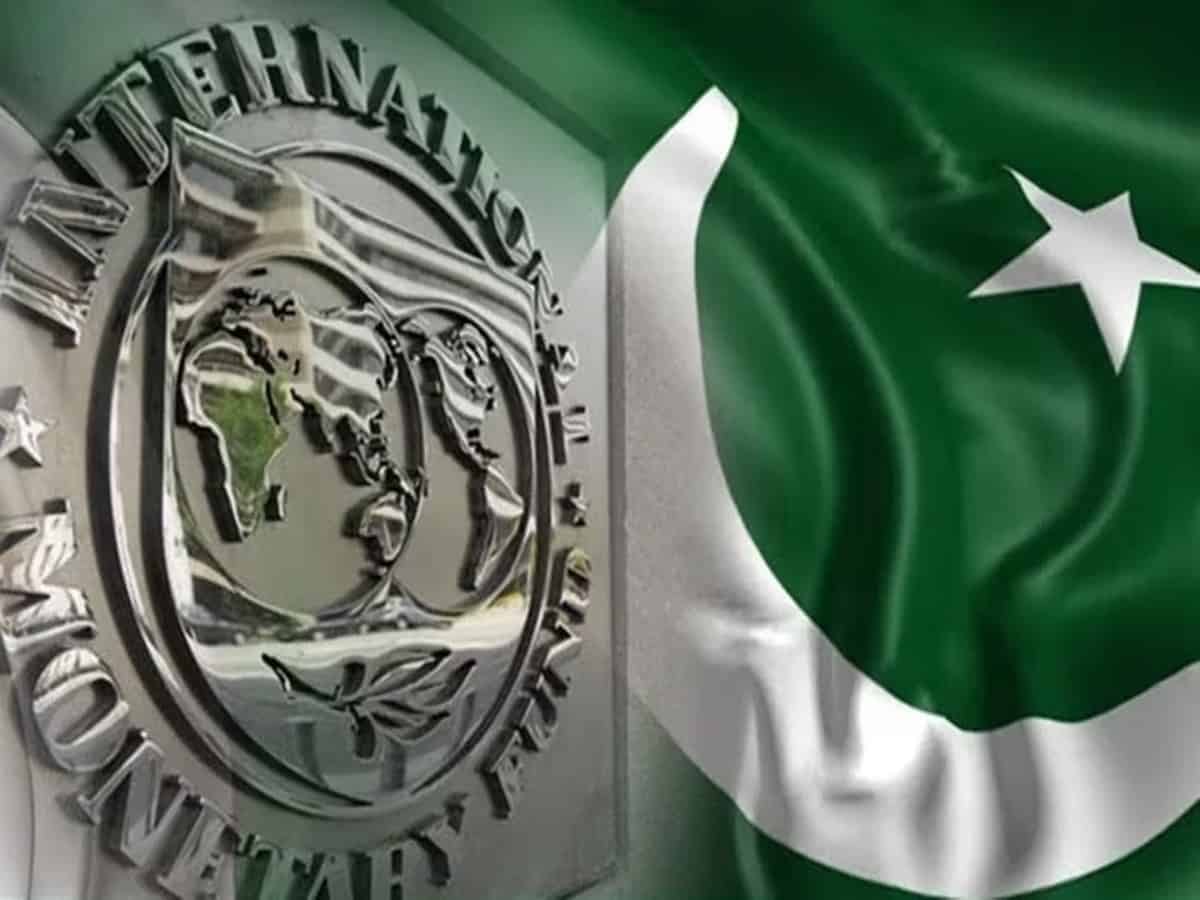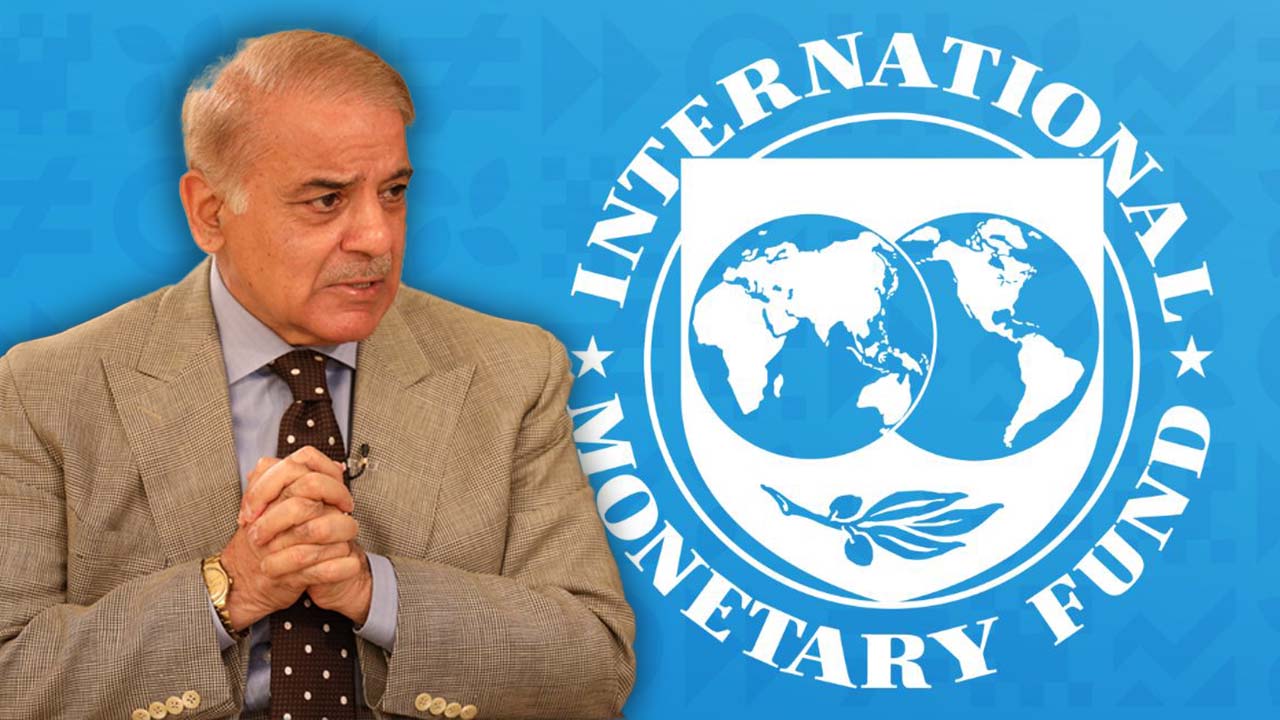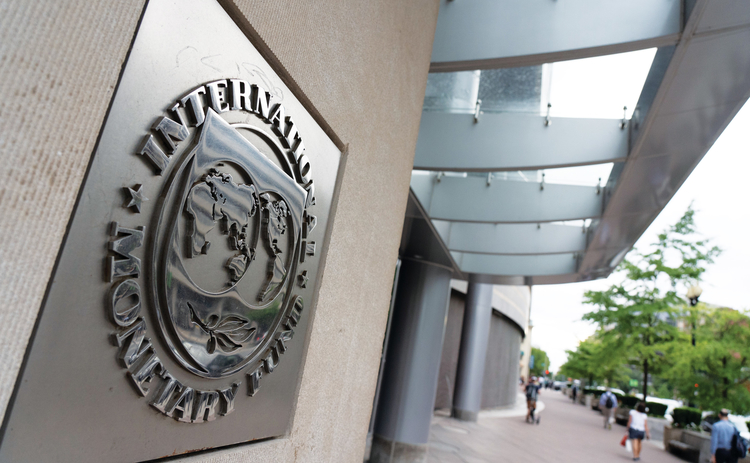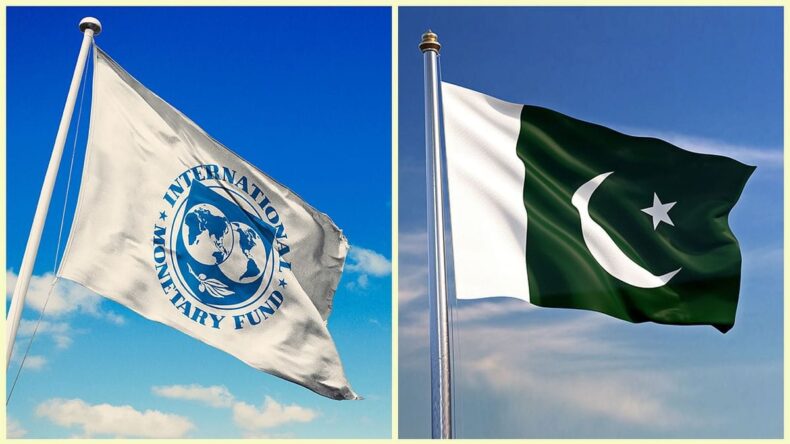In a bid to bolster its economy and address financial challenges, Pakistan has reportedly entered into discussions with the International Monetary Fund (IMF) for a $2.5 billion standby aid package. The move comes as the country seeks to stabilize its financial position and implement key reforms to promote economic growth. While negotiations are still ongoing, this potential agreement highlights the government’s commitment to addressing economic concerns and securing external financial support.
Background
Pakistan has a history of engaging with the IMF to address its economic challenges. The country has faced fiscal deficits, a widening current account gap, and an unsustainable debt burden, leading to periodic financial crises.

Over the years, the IMF has assisted Pakistan to stabilize its economy, implementing structural reforms, and supporting long-term development.
Current Situation
According to recent reports, Pakistan and the IMF have initiated talks regarding a $2.5 billion standby aid package. This financial assistance would be provided through the IMF’s Extended Fund Facility (EFF), which aims to assist countries in implementing comprehensive economic reforms and achieving macroeconomic stability.
The discussions between Pakistan and the IMF focus on several key areas. These include fiscal reforms, revenue mobilization, energy sector reforms, governance improvements, and measures to enhance the social safety net.

The IMF’s support is expected to help the Pakistani government implement necessary economic policies and address structural challenges while fostering sustainable growth and stability.
Benefits of the Standby Aid
If the negotiations are successful and Pakistan secures the $2.5 billion standby aid package, it would bring several advantages to the country’s economy:
Economic Stability: The IMF assistance would provide much-needed stability to Pakistan’s economy by addressing fiscal imbalances and ensuring sufficient foreign exchange reserves. This stability can foster investor confidence and attract foreign direct investment.
Structural Reforms: The standby aid package would require Pakistan to implement comprehensive economic reforms, including measures to enhance tax collection, streamline expenditure, and improve governance. These reforms can contribute to long-term sustainable growth and development.

Social Safety Net Enhancements: The aid package would likely prioritize measures to strengthen the social safety net, which can benefit vulnerable populations and alleviate poverty. Investments in healthcare, education, and social welfare programs could significantly improve the living standards of Pakistani citizens.
Investor Confidence: The IMF’s financial support signals international confidence in Pakistan’s economic trajectory. This can have a positive impact on the country’s credit rating, making it easier for the government and private sector to access international markets for borrowing at favourable terms.
Challenges and Considerations
While the potential IMF aid package offers several advantages, it also poses challenges that need to be carefully managed:

Conditionality: IMF assistance typically comes with conditions and policy prescriptions, which can be demanding and require substantial political will and implementation capacity from the Pakistani government.
Socio-Economic Impact: Structural reforms and austerity measures associated with IMF programs can have short-term adverse effects on vulnerable populations. The government must ensure that any reforms are accompanied by adequate social safety nets to protect the most marginalized segments of society.
Debt Sustainability: Pakistan’s debt burden remains a pressing concern. While the IMF aid package can provide temporary relief, the country needs to focus on long-term strategies to address its debt sustainability challenges.
Pakistan’s engagement in talks with the IMF for a $2.5 billion standby aid package highlights the government’s determination to address its economic challenges. If successfully secured, IMF assistance can provide stability, support structural reforms, enhance the social safety net, and boost investor confidence. However, it is crucial for the government to effectively manage the conditionality and ensure that the benefits of the aid package reach all segments of society. By implementing sound economic policies and fostering sustainable growth, Pakistan













